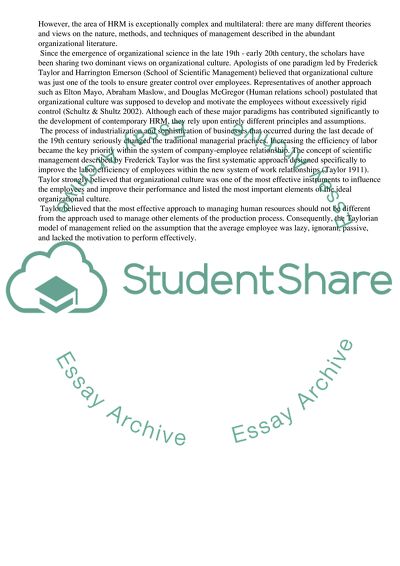Cite this document
(“The Principles of Scientific Management Essay Example | Topics and Well Written Essays - 1500 words”, n.d.)
Retrieved from https://studentshare.org/management/1517852-the-principles-of-scientific-management
Retrieved from https://studentshare.org/management/1517852-the-principles-of-scientific-management
(The Principles of Scientific Management Essay Example | Topics and Well Written Essays - 1500 Words)
https://studentshare.org/management/1517852-the-principles-of-scientific-management.
https://studentshare.org/management/1517852-the-principles-of-scientific-management.
“The Principles of Scientific Management Essay Example | Topics and Well Written Essays - 1500 Words”, n.d. https://studentshare.org/management/1517852-the-principles-of-scientific-management.


